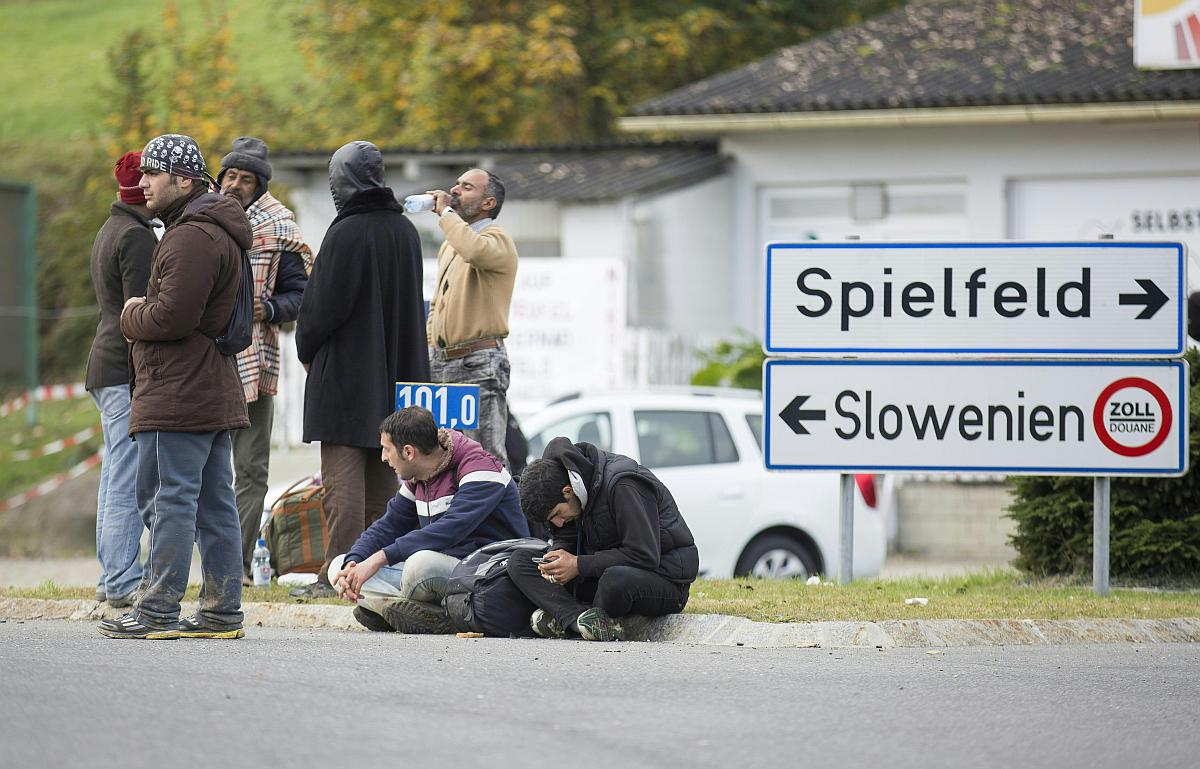
Some countries which had accepted refuges en masse are considering the possibility of sending some of the applicants for asylum back to the states which had registered them first, in compliance with the Dublin Regulation. Most of the 504 requests already sent to Slovenia have been rejected.
Some countries which were the target countries of migrants crossing Slovenia last year and in the beginning of this year have already decided to implement the rules defined by the Dublin regulation. Greece is still excluded from the Dublin Regulation due to the EU court judgment that the conditions there are still unsuitable for the return of refugees.
What is Slovenia's position?
According to the Police records, last year and this year until the end of February, more than 475,000 refugees have crossed Slovenia, and most likely Slovenia was the first state to register a large number of the refugees, considering the speed of crossing the Croatian-Serbian border. In compliance with the Dublin regulation such refugees could be sent back to Slovenia.
According to some of the Slovenian non-governmental organisations dealing with applicants for international protection in Slovenia, they have no information and have received no notice on possible return of a larger number of migrants from the other EU countries. Only individual cases have been recorded of migrants returning to Slovenia and applying for international protection here.
The Humanitarian Response Centre founded by non-governmental organisations warns that Slovenia has no capacities for such purpose, and that it would be inappropriate to send a large number of migrants back. Presently 301 migrants are accommodated in Slovenia.
150 positive answers by Slovenia
The Ministry of Internal Affairs (MNZ) explains that Slovenia must give a positive answer to requests supported with direct or indirect evidence that the applicant should have applied for international protection in Slovenia.
"After receiving a positive answer by the Republic of Slovenia, the member state which had sent the request must issue a written decision, informing the applicant that his/her request for international protection would not be processed, but that the applicant or another person (if that person had not requested international protection in the member country which had sent the request) has the right to an efficient legal means in the form of a complaint against the decision of transfer, or renewed actual and legal revision of the decision in front of a court or arbitration court. Only when the final decision is issued, the person can be transferred to the responsible member state," MNZ explains.
MNZ also warns that the government has decided that Slovenia will not take responsibility for reception of those foreigners who had been issued decisions on stay permitted based on the Aliens Act, as stay permitted is not considered as residence permit as per Dublin regulation. "In accordance to this the Republic of Slovenia, in the period from September 17, 2015 to April 14, 2016, answered to 3126 in total, namely to 2137 requests for information, and 989 requests for assumption of jurisdiction. All the requests were denied," the Ministry reported.
This year Slovenia has received 604 requests for reception of applicants in accordance with the Dublin regulation. A positive answer was given in 150 cases.

































































